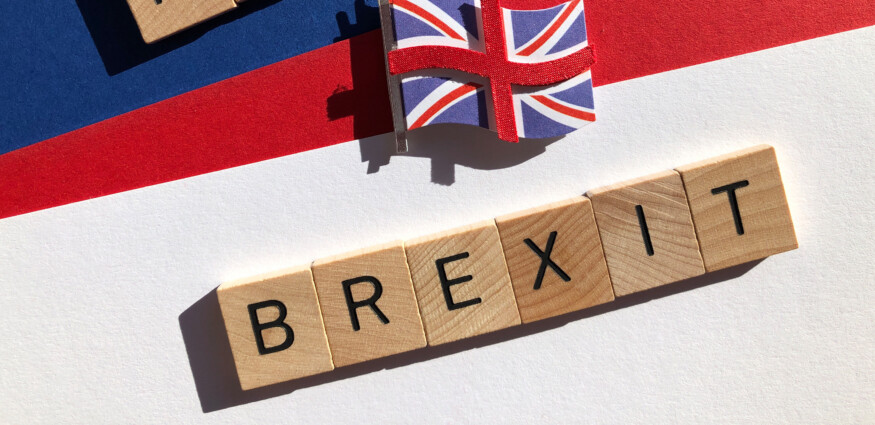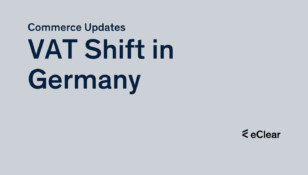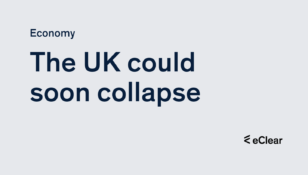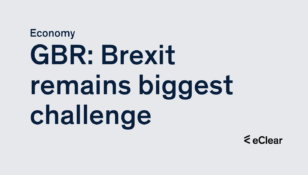Suppose no free trade agreement with the EU comes into force by 31 December 2020. In that case, Great Britain will be treated like any other third country with customs regulations. As a result, prices for British products and goods exported to Great Britain can be expected to rise. Added to this are possible exchange rate fluctuations between the pound and the euro, remittance fees and higher personnel costs for handling the additional export formalities. Longer clearance times at border crossings can delay processes or ruin perishable goods.
Customs formalities for third countries
For trade with third countries, all economic operators must register with the customs authorities of the EU and/or the United Kingdom. An EORI number is issued upon request. When non-Community goods are imported into the territory of the EU, but a customs declaration is yet to be possible, an entry summary declaration (ENSUMA) must be lodged. In addition, customs subjects the goods to a risk assessment before import. During the so-called temporary storage, additional controls may be necessary. Customs clearance then begins. The customs authorities examine the goods presented and may require additional declarations. The exchange of information between traders and customs authorities is generally carried out electronically. To use the IT system ATLAS (Automatisiertes Tarif- und Lokales Zollabwicklungssystem – Automated Tariff and Local Customs Clearance System) set up for this purpose, traders must register and require the certified software.
Preparation in Great Britain for the “No Deal Brexit”
Great Britain has changed its customs regulations to facilitate the transition without an agreement. For example, customs tariffs for 2,000 products were abolished, and 6,000 customs regulations were simplified. This should make trade more attractive. Britain plans always to have a lower or similar import duty to the EU, while EU tariffs will be rounded off. From January 2021, British importers of standard goods will have up to six months to complete customs declarations. Customs payments can be deferred until these declarations are completed (with some exceptions, such as tobacco or toxic chemicals). From July 2021, traders must make declarations at the import customs office and pay the relevant duties. Complete security information will be required. Companies in the UK are already making administrative preparations for this.
Besides the EU, Great Britain is negotiating trade agreements with Japan, Australia, and the USA. Even with these important trading partners, there is no certainty that the agreements will be concluded on 1 January 2021.
A special status is given to Northern Ireland. Although Great Britain and Northern Ireland form a customs territory (outside the EU customs territory), with its customs regulations, customs framework, and foreign trade policy (including the possibility of concluding free trade agreements with non-EU countries), trade in goods from EU countries to Northern Ireland remains duty-free. The VAT rules for intra-EU business also remain unchanged concerning Northern Ireland.
Negotiations on the final agreement
A further round of negotiations between the EU and Great Britain has been underway since 20 July. The aim is to agree on a final agreement, and fair competition and trade in goods are the main focus. While the result is still pending, the British government is already preparing the introduction of goods controls.







